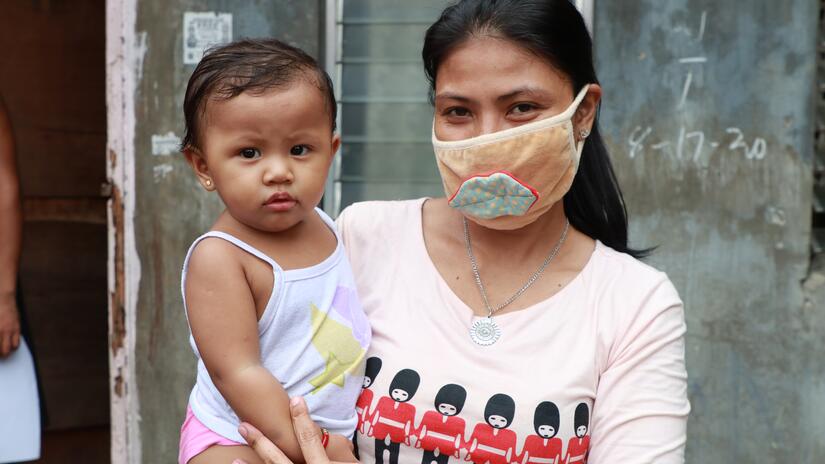By Dr Eliza Cheung, Technical Advisor International Federation of Red Cross and Red Crescent Societies Reference Centre for Psychosocial Support.
In ‘ordinary’ times, good mental health is fundamental for overall wellbeing. But when we are all stalked by fear and uncertainty caused by COVID-19, access to good mental health support is more important than ever. It is life-saving. There is mounting evidence that this Coronavirus is taking a heavy toll on the mental health of people in Asia and across the globe.
At the global level, a major review of 36 studies across the world has found that around one in three people are suffering from stress, anxiety or depression during this pandemic, while recent modelling suggests that unemployment caused by COVID-19 may lead to almost 10,000 additional suicides a year.
An analysis of 160 studies of eight South Asian countries also shows that nearly one in three people experienced anxiety or depressive symptoms.
In the midst of this global pandemic, it is understandable that people are worried about their health, their loved ones and how they will cope if they get sick. Ongoing restrictions are limiting social interaction, leading to increased loneliness and isolation. COVID-19 is causing enormous stress for people who were already worried about how they will support their families.
A new survey by the International Committee of the Red Cross in seven countries, including the Philippines, shows that one in two adults believe their mental health has been negatively affected by COVID-19. It is also alarming that latest World Health Organisation (WHO) figures reveal the pandemic has interrupted or suspended mental health support services in 93% of countries.
Across most countries in Asia, investment in mental health support is woefully inadequate, even before this pandemic and in some countries there are only 0.3 psychiatrists and psychiatric nurses to serve 100,000 people. By contrast, WHO data shows that the rate of psychiatrists is 120 times higher in countries such as France, Canada and Sweden.
The stresses we are experiencing affect us physically, psychologically and emotionally, as well as changing our behaviour. The stress undermines our ability to stay healthy, look after our families, and process new information. It can endanger nurses, doctors, police, leaders and disaster responders, jeopardising life-saving decisions to contain the virus and reduce longer-term impacts.
People already living with mental health challenges are experiencing the loss of critical support networks and clinical management. Yet they need this care more than ever.
We simply cannot afford to wait until the epidemic is under control before dealing with the massive, and increasing, psychological toll. To have any hope of stopping and recovering from this pandemic in a way that leaves no one behind, we need to treat the psychological and physical distress at the same time.
So how can we do it? Early intervention prevents distress from developing into more severe mental health conditions. We need to bridge the gap between those who need psychological and emotional support and those who seek it. We also need to better harness and strengthen existing community and clinical resources.
Preventing psychological issues and mental health support need to be integrated at all levels, in local communities, workplaces, schools, in hospitals and health systems.
People in communities are our first line of defence, making teachers, parents and colleagues in our workplaces critical for bridging the current resource gap. We urgently need to invest in supporting, engaging and equipping them to know what questions to ask, what signs to look for and what to do if someone may be struggling.
Asia-Pacific is the world’s most disaster-prone region and many people have developed an incredible ability to cope with adversity. Across our region, millions of Red Cross and Red Crescent volunteers are first to respond, experiencing the stress in crises, from monsoon floods to typhoons, and COVID-19.
The trauma is real. People have lost loved ones, jobs or livelihoods. They have been separated by borders or quarantine, stranded and jobless in another country or living in crowded camps. All too many are overcome by anxiety, depression and distress.
It’s vital that we all support each other at this time. Get in touch. Be kind to friends, family, neighbours and colleagues, as well as ourselves. Taking good care of oneself enables us to take care of others.
We are at a crossroads. The response to COVID-19 and associated socio-economic impacts will be more effective and we will save countless more lives and livelihoods if we invest wisely in accessible and sustainable mental health and psychosocial support.
Article
Sudan: 'the most difficult year' after outbreak of conflict
Sudan: 'the most difficult year' after outbreak of conflict
| Article

